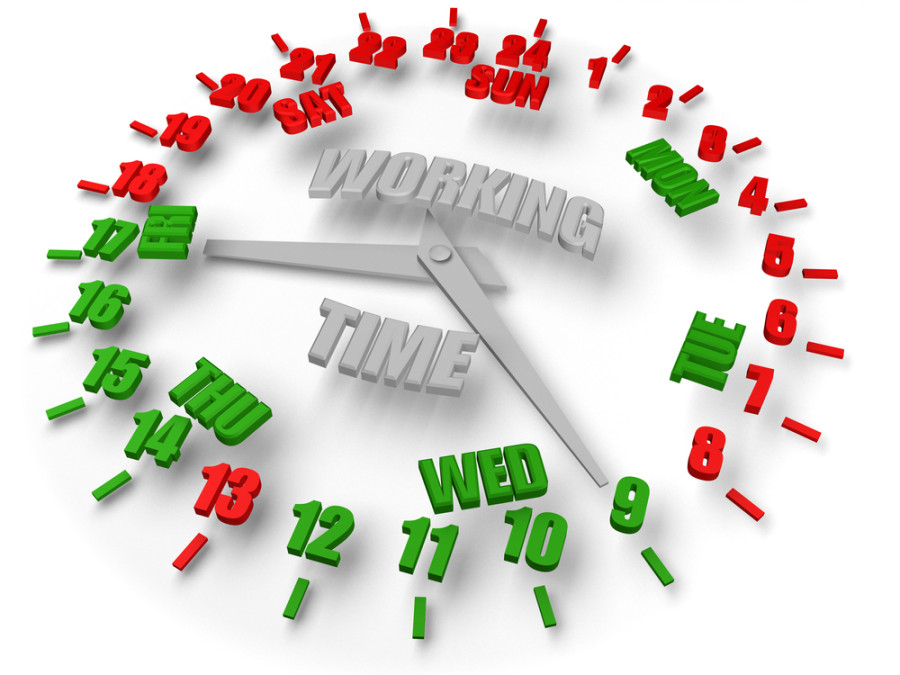Editorial
Resetting the workweek
The idea of a five-day working week wouldn’t be too farfetched at all.
On Tuesday, April 26, the government again decided to implement a two-day weekend from May 15 after an unsuccessful experiment several decades ago. The magnanimous step has nothing to do with the government wanting to grant more hours of leisure to hard-working people, especially those in the civil service. The reason behind shortening the workweek is an urgent need to curb fuel consumption. The government sincerely expects people who have been accorded this generosity to stay indoors and help policymakers realise the objective of saving gasoline. But how this measure will achieve that is yet to be seen.
There have been naysayers against the two-day weekend for a reasonably long time. The reason for scrapping the policy the first time was the fear that halting economic activity for two days a week would precipitate chaos in the country’s creaking bureaucracy. At a time when private companies in the West are discussing a four-day workweek for the same pay and benefits, Nepal has been swinging to and fro, alternating between implementing a six-day workweek and a five-day workweek needlessly like a pendulum without much thought, but only perhaps because it needs to due to pressing circumstances.
While it is inevitable that a four-day workweek would see little support in Nepal, primarily because we first need to master the art of walking before we start to run. But certainly, the idea of a five-day working week wouldn’t be too farfetched at all. It could be a boon for the tourism industry, which has been in a downward spiral ever since Covid-19 halted people’s untroubled movements. People in Nepal will finally have the time to untangle themselves from the chores they are usually invested in when navigating a six-day working week, especially the hapless children who have been burdened for far too long with menacing school schedules. There is an urgent need to consider their overall development by giving them a bit of breathing space.
On the downside, the government’s decision will affect the services rendered to the public. Government services fare poorly on the popularity scale, with long queues, delays and disappointments being the norm; one can only imagine the disruption that will ensue. But indeed, the solution to this dilapidated state of bureaucratic functioning does not lie in making the civil servants work for more hours. What they lack is discipline, dedication and the motivation to work. Perhaps just so, that this is what the political masters themselves lack. And what we see is just a reflection of the operational mayhem at the top.
The pandemic has led to significant restructuring of working practices. Despite the havoc it has wreaked, it has allowed us to let go of rigid working practices that are now virtually defunct. Stationary jobs have given way to flexible remote working options for many. Because of the pandemic’s impact on people’s psychological well-being, there is perhaps a need to rejig our work hours. The need to work smarter and not harder does steer the argument to a cliché, but that is the reality based on sound principles. What is not needed is unnecessary short bursts of inspiration to tackle a problem that requires a thorough work-out and requires a lasting solution. We can hope that ample free time will finally allow policymakers to come up with some reasonableness in their approach.




 8.79°C Kathmandu
8.79°C Kathmandu














